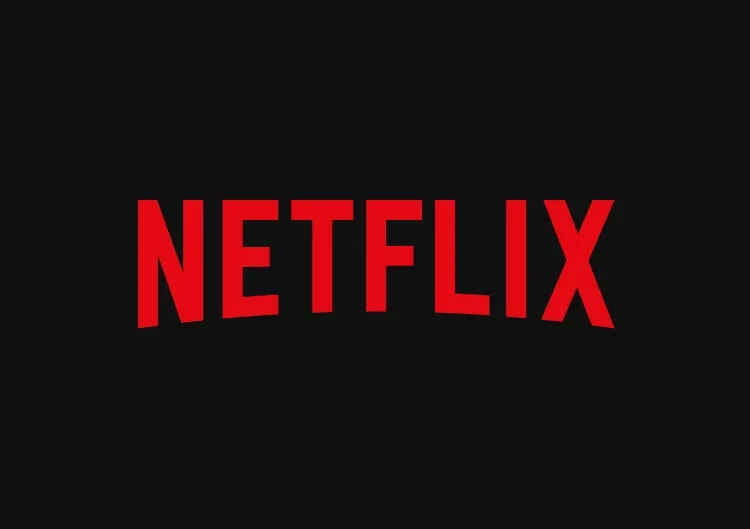Stakeholders have shared their concerns over Netflix’s reduction in the number of Nigerian Originals, sparking rumors that the streaming giant might be exiting Nigeria, similar to Amazon Prime’s pullout last year. However, on December 4, 2024, Netflix denied any plans to withdraw from the Nigerian market.
Renowned director, Kunle Afolayan expressed disappointment at the cutback during the ZUMA International Film Festival in Abuja. He explained that while his project, Anikulapo Seasons 2 and 3, had already been completed and approved by Netflix, other Nigerian Originals were canceled due to low Return on Investment (ROI). Afolayan emphasized the challenges facing the Nigerian film industry, as reduced investment could hinder the growth and development of local productions.
National President of the Association of Movie Producers (AMP), Amb Queen Blessing Ebigieson, also addressed the situation, dismissing rumors that Netflix was leaving Nigeria. She explained that the company was merely reducing its investment due to low patronage and subscriptions in the country. As a businesswoman, she expressed understanding of Netflix’s decision.
“Netflix has not said they are leaving Nigeria. What they have stated is that they are cutting down on the number of projects they are commissioning due to declining revenue. As a producer and head of the guild, I wouldn’t want this to happen, as it means some projects may not be approved. However, it’s a business decision, and I would do the same if I were in their position,” Ebigieson said.
She further clarified that this meant Netflix might reduce its commissioning from 15 to 10 projects under the New Nigeria Originals, given the current lack of profitability in the Nigerian market.
“This is a simple business decision. As producers, we must look for other platforms and work on building our own exhibitors and outlets across the movie production value chain,” she added.
President of directors Guild Of Nigeria (DGN) , Victor Okhai , who was one of the personalities to declare Netflix’s decision, saying at the Zuma International Film Festival that film makers received their ‘Last Supper’ by Netflix and that as stakeholders “we should begin to look inwards and have our own Nigerian Netflix, that will support creatives, film makers and producers in Nollywood”
Netflix’s relationship with Nigeria dates back to 2016 when it began licensing high-profile local films.











